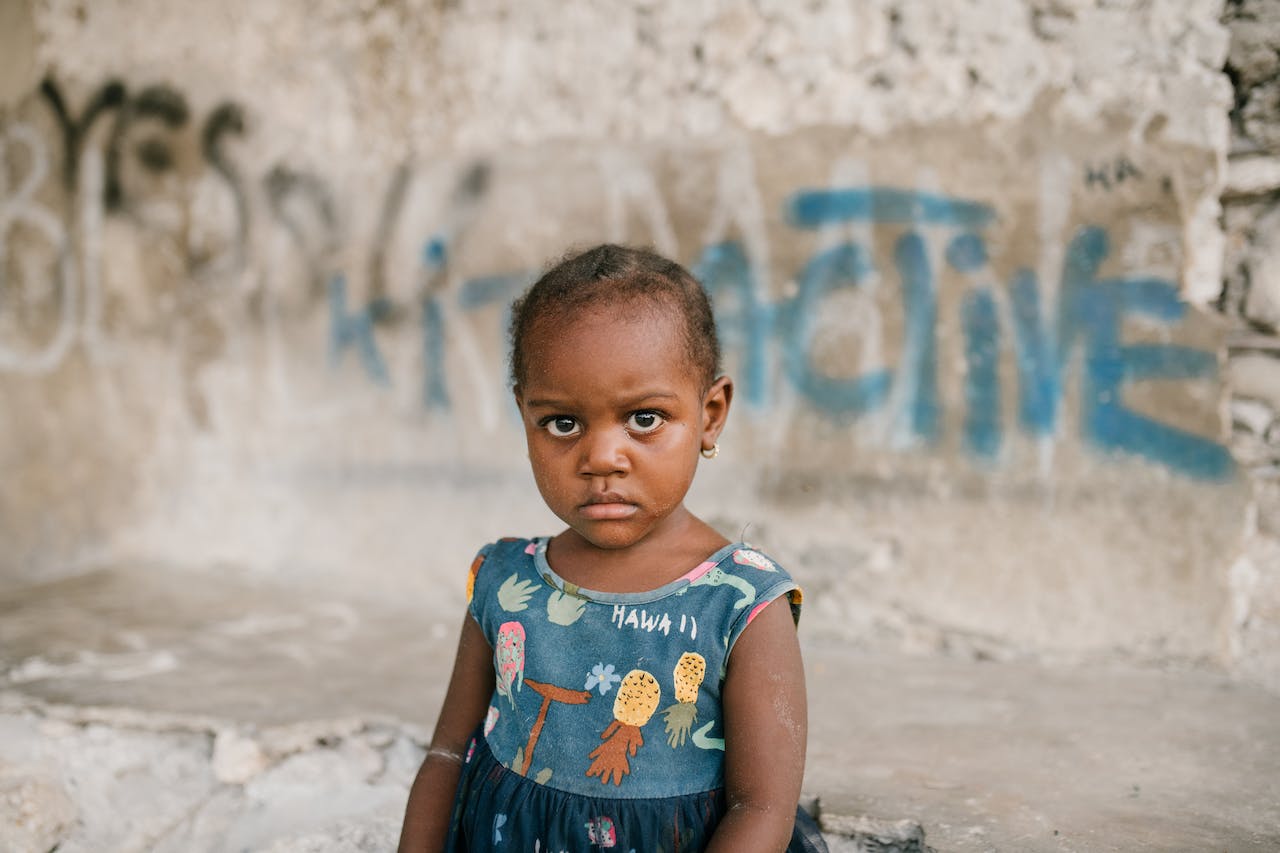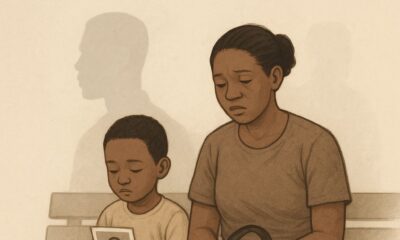Features
Abisola Owokoniran: Who is Fighting For the Child Bride?

Many of us hold our childhood memories in high regard. We remember those days when we danced and played with reckless abandon and zero worries in our lives. All we had to do was wake up, eat, go to school (during school times), play for hours with friends, do our chores and then go to sleep. It was the same routine every day. Those days, all we needed to be happy was to welcome our parents home with goodies and gifts. Nothing else mattered because we were indeed happy and the world was complete.
However, in the same world where we lived so peacefully and innocently, there are children, young girls especially, whose happiness and innocence were snatched away. As we spent our childhood moving from one class to the next and thinking about the future, many girls turned brides had to be mature at an early age. They were not allowed to dream about a future or career because they had been committed to a man who had most likely paid a price to the family. In turn, the family would nurture them for the man, make them take up responsibilities that are well above their age, and prepare them only for marriage. Girls like this would never have the chance to enjoy the memories of childhood. They would never know what it feels like to be their own person because every decision has been made for them. They’d feel like a robot, taking commands at every step of their lives – from their parents when they’re little and then from their husbands when they’re married off. Their tiny shoulders would have to bear the load of many responsibilities which would leave them in turmoil and pain. There are stories of girls like that bursting into tears late at night and crying to sleep, living in loneliness and constant fear.
One of the terrible medical conditions this can have on a little girl who is too young to be with a man or have babies is an obstetric fistula. According to the World Health Organisation (WHO), an estimated more than 2 million young women are living with untreated obstetric fistula in Asia and sub-Saharan Africa. 65% of all obstetric fistula cases occur in girls under 18.
There is a high rate of infant mortalities with child brides. The babies are either not fully formed or are born still at birth. This might be for the fact that the young mother’s reproductive organs have not fully matured for intercourse. Their body most likely doesn’t have the required nutrients needed for the babies – they can be considered as babies having babies. Imagine them going through the pain that is experienced by grown and mature women with fully developed bodies.
Let’s not overlook the risk of contracting sexually transmitted diseases at an early age due to premature exposure to sex. In Sub-Saharan Africa, AIDS stands as the leading cause of death among adolescents, aged 10-19. One of the contributing factors is that children, who should be protected, are left vulnerable. Sadly, little action is taken, and we all remain silent witnesses to the abuse of innocent children under the guise of minding our own business.
Whose responsibility is it to protect the child bride? Who advocates for the helpless and marginalised in society? For too long, we’ve idly stood by, watching girls after girls endure abuse in the name of tradition. What kind of tradition targets the defenceless and innocent, robbing them of their youth? This tradition drains the life out of them, only to discard them to the sidelines.
It is all our business to help and fight for these child brides. It is time for us to fight for the child bride. It is time for us to stop this evil act and to save our children from abuse, both physical and mental. If you say no to slavery, then you must also say no to child brides because none is better than the other. Both hinder the lives of their victims and put them in the hands of their oppressors. If we all come together, we can fight against this evil. Let us stop robbing children of their futures and lives.
***





















